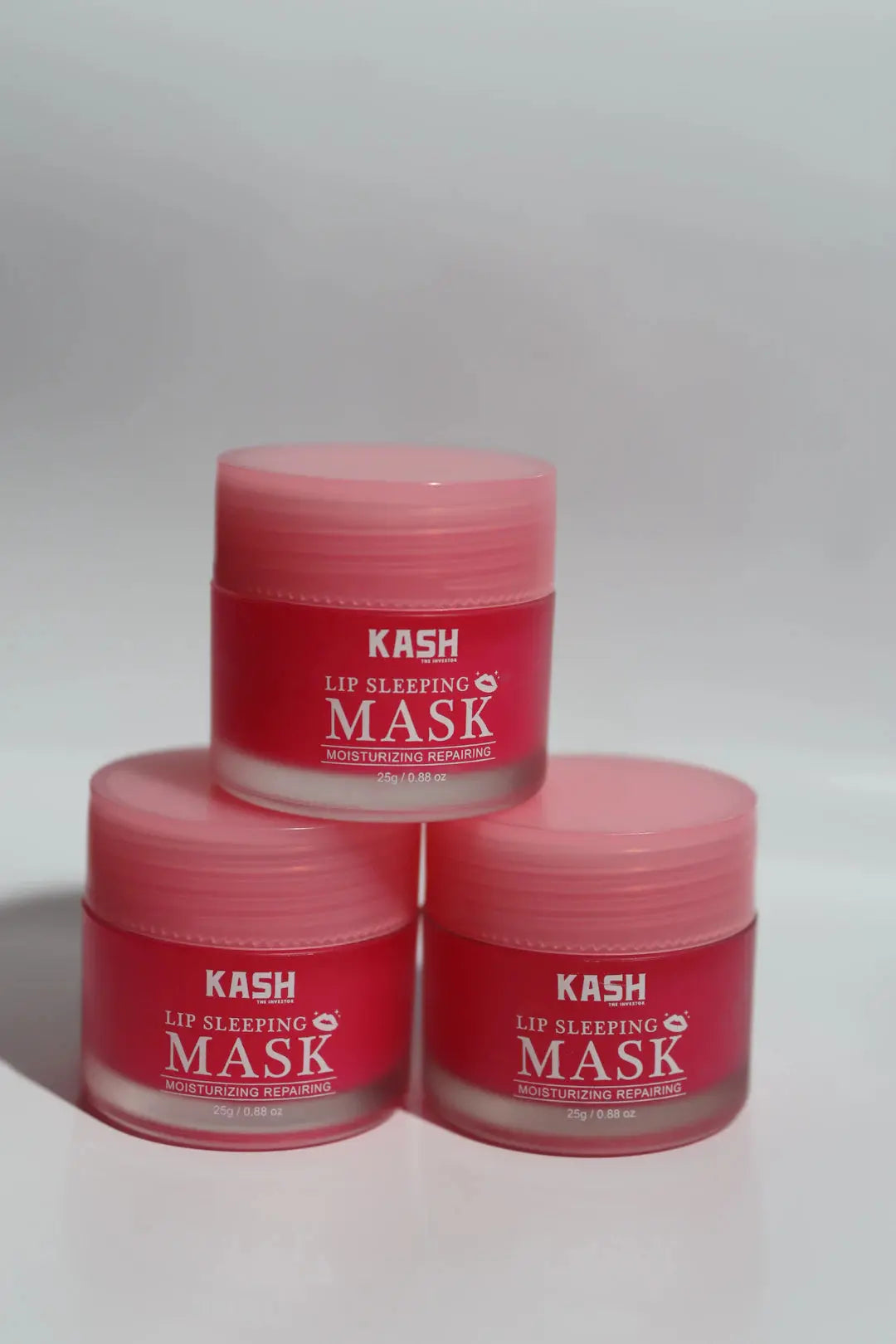The Environmental Impact of Disposable Masks

Frequently Asked Questions
1. What are toddler disposable face masks?
2. What is the environmental impact of disposable masks?
3. What are some alternatives to disposable masks?
4. How can communities encourage proper disposal of masks?
5. What initiatives are being taken to address mask waste?
The COVID-19 pandemic has transformed our daily lives, introducing safety measures that have become the norm, including widespread use of masks. Among the varieties available on the market, Toddler disposable face masks have gained popularity as parents seek to protect their children. However, as we navigate this new reality, it’s essential to comprehend the environmental impact of such disposable items. This article delves into the ramifications of disposable masks on our planet and discusses potential solutions.
The Rise of Disposable Masks
In the early days of the COVID-19 pandemic, public health officials recommended masks as a primary protection method against the virus. As a result, millions of disposable masks flooded the market, including Toddler disposable face masks designed for young children. But while these masks have played a vital role in combating the spread of the virus, their disposability raises concerns for the future of our environment.
Understanding Disposable Masks
Disposable masks typically consist of three layers: an outer water-resistant layer, a middle filtering layer, and an inner absorbent layer. While their design allows for effective filtration of airborne particles, it is important to consider the materials used. Most are made from non-biodegradable plastics, such as polypropylene, contributing to the growing eco-crisis.
The Environmental Toll of Disposable Masks
Every second, thousands of disposable masks are being used and discarded globally. This surge in waste poses several environmental challenges:
Plastic Pollution
The most apparent issue is plastic pollution. Disposable masks contribute to the burgeoning mountains of plastic waste where they can linger for hundreds of years. A single mask can take anywhere from 20 to 450 years to decompose, releasing microplastics into our ecosystems during the process.
Wildlife and Marine Life Impact
Improperly disposed masks have also been found littering parks, beaches, and oceans. Wildlife can mistake them for food, leading to ingestion and potential harm. Marine animals, in particular, run the risk of becoming entangled in discarded masks, risking their lives and further endangering already vulnerable species.
Alternative Solutions for Mask Usage
To mitigate the environmental impact of disposable masks, it’s essential to explore alternative solutions:
Reusable Masks
One effective approach is to switch from disposable to reusable masks. High-quality cloth masks are an excellent option for both adults and toddlers, as they can be washed and reused multiple times. Parents can invest in Toddler disposable face masks for special occasions, but incorporating reusable variants into daily use can significantly reduce plastic waste.
Improved Disposal Methods
If disposable masks must be used, ensuring proper disposal is crucial. Designated bins for mask disposal can help keep streets and natural habitats clean. Some communities have initiated programs to encourage responsible mask disposal while also promoting recycling or upcycling opportunities.
Encouraging Sustainable Practices
As we adapt to living in a world where masks have become essential, embracing sustainable practices is vital:
Educating the Community
Awareness is the first step toward a solution. Educating families about the environmental impacts of disposable masks can encourage conscious choices. Schools and community centers can host workshops to inform parents about the importance of choosing reusable masks or implementing effective disposal methods.
Consideration of Material Choices
As the demand for masks continues, manufacturers are looking into more sustainable material options. Biodegradable masks or those made from natural fibers could greatly reduce the negative impact on the environment. Consumers should advocate for and support brands that prioritize sustainability and eco-friendly materials in their products.
Real-Life Impact: Case Studies and Initiatives
Several communities across the globe have launched initiatives to combat the plastic waste crisis exacerbated by disposable masks:
Global Masks Recycling Initiatives
Countries like France and the United Kingdom are spearheading recycling initiatives for masks. These programs collect used masks, recycle the plastic components, and turn them into new products. Community-driven projects encourage citizens to properly dispose of their masks in exchange for incentives or discounts.
Innovative Solutions from Entrepreneurs
An increasing number of innovative entrepreneurs are rising to the challenge, creating masks out of biodegradable materials. These masks offer similar protection levels while emphasizing sustainability. Supporting such initiatives elevates a collective commitment to environmental responsibility.
Embracing a Greener Future
The use of Toddler disposable face masks and other disposable PPE highlights a crucial moment for environmental awareness. While maintaining health and safety is paramount, our planet’s well-being is equally important. Future generations deserve a healthy planet free from the pollution associated with disposable masks.
Community Involvement
Local groups can engage in clean-up efforts that target mask litter in public spaces. Not only does this help clean the environment, but it also builds community bonds, promoting a shared mission for a cleaner world.
Advocacy for Change
Encouraging local governments to implement policies targeting disposable mask waste can create systemic change. Advocating for legislation that supports eco-friendly mask usage and disposal will go a long way in addressing the ongoing environmental crisis.
Moving Forward Together
As we adapt to our new normal, understanding the environmental toll of disposable masks is vital for everyone. Parents must be informed about the types of masks they use for their children, especially Toddler disposable face masks, and make conscious decisions to reduce waste. By choosing reusable options, promoting responsible disposal, and supporting sustainable materials, we can make a difference. Together, we can navigate this challenge and strive to preserve our planet for future generations, all while staying safe and protected.
Explore another user's Shopify or Wix store by following this link to their store. Keep in mind that this is a promotional link, and we assume no responsibility for the content of the linked store.






